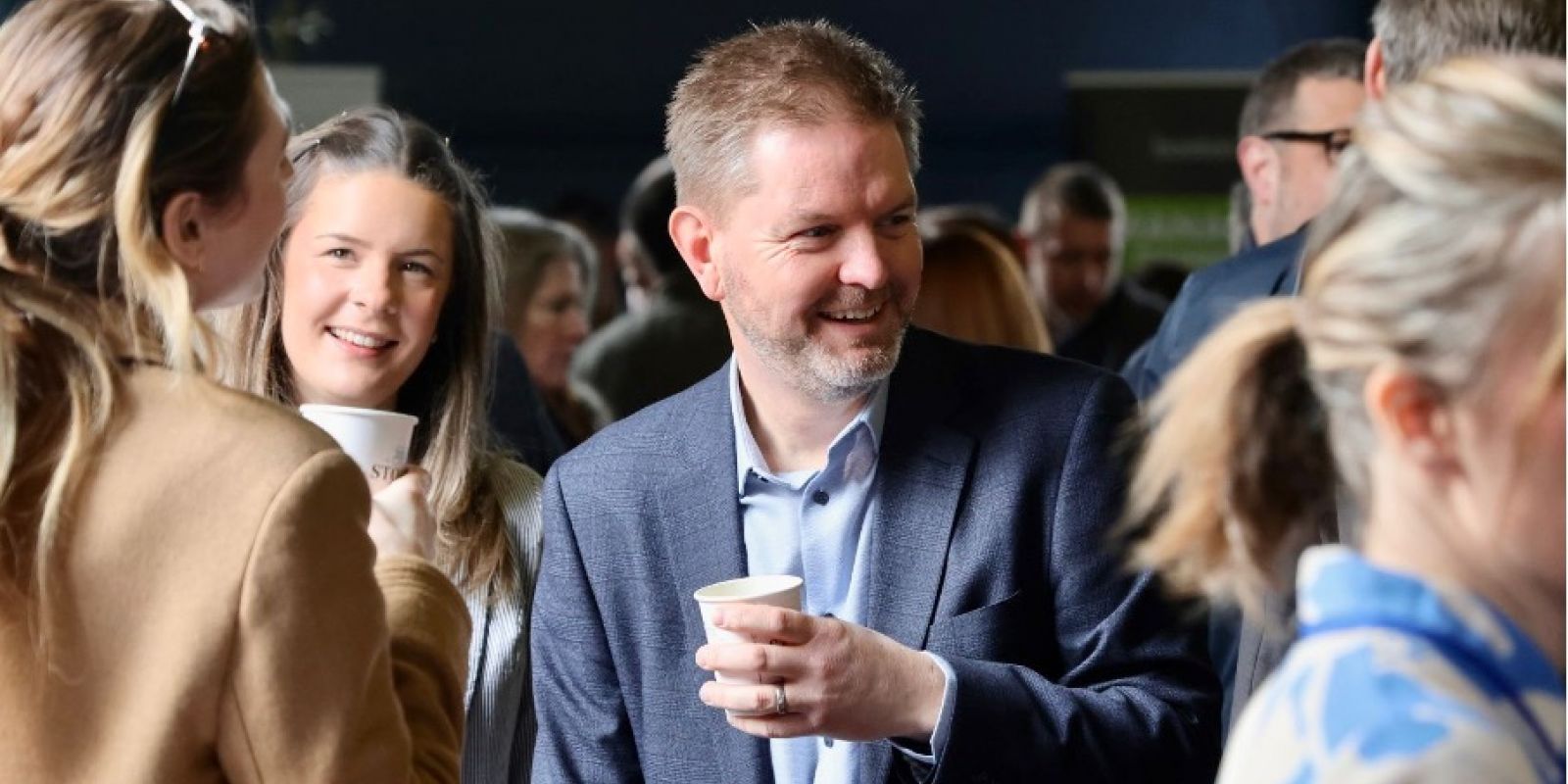Innovation and sustainability were two of the key focuses at the Greater Lincolnshire and Rutland Manufacturing Conference, which discussed the future of a sector which contributes £5.6 billion to the local economy.
The conference, hosted by Business Lincolnshire in partnership with NatWest, took place at The Lawn in Lincoln. Industry experts, thought leaders, and business owners gathered to discuss the challenges and opportunities facing the manufacturing sector in the region.
The manufacturing sector in Greater Lincolnshire and Rutland alone employs 66,000 workers and contributes £5.6 billion to the local economy, representing 21% of the total economic value (GVA) in the region. What’s more, over the past decade, the sector has experienced a remarkable 64% growth in real terms, outpacing the national average.
To facilitate this thriving sector, the conference agenda addressed key facets shaping the manufacturing landscape. From apprenticeships and skills development to the integration of artificial intelligence (AI) and sustainable practices, each session provided a glimpse into the evolving dynamics of the industry. The interactive breakout sessions allowed participants to engage deeply with topics such as skills gaps, sustainability, and AI, fostering an environment conducive to collaborative learning and knowledge exchange.
One of the highlights of the event was the line-up of keynote speakers, each bringing a wealth of experience and expertise to the table. Laura Capper, Head of Manufacturing and Construction at NatWest, offered invaluable insights into the financial and non-financial solutions essential for supporting the growth ambitions of manufacturing businesses.
Shane Peel and Angela Borman from Siemens Energy shared their journey and expertise, underscoring the importance of skills development and sustainability in driving manufacturing excellence. A key takeaway from their session that resonated in the room was succession planning with your current workforce to plug the skills gaps projected over the coming two to five years.
Chris Corkan, Region Director at Make UK, provided a comprehensive overview of the industry's current landscape, emphasising the intrinsic link between manufacturing and productivity. Make UK's analysis underscored the UK manufacturing sector's growth to £224 billion, positioning it as a global player. However, challenges such as energy prices and geopolitical instability persist, impacting profit margins and employment costs.
Make UK’s research shows that in 2024, a significant proportion of manufacturers are poised to seize net zero opportunities for growth, with 13% aligning with environmental, social and governance (ESG) standards and commitments. Additionally, more than half are preparing to launch new products, while over a quarter are gearing up to expand into new, previously untapped markets.
These initiatives are fuelled by a collective agreement among 71% of manufacturers that digital technology will drive productivity, with 62% affirming that opportunities outweigh risks. The overarching campaign message emphasises the fusion of physical and digital realms, leveraging automation, innovative materials, and cutting-edge technologies like AI to enhance the UK's competitiveness and productivity. Moreover, there's a widespread commitment to sustainability, with 96% of manufacturers already decarbonising operations, 92% prioritising net zero, and 74% integrating ESG conditions into procurement decisions.
Peterborough-based AI consultancy Projekt Rising emphasises harnessing AI's transformative power to drive business efficiency and innovation. Founder Tim Davies said at the conference: “If you don’t adopt AI your competition will, and they will outperform you.”
The presentations and discussions throughout the day were augmented by real-world examples and case studies, offering tangible illustrations of concepts discussed. Nuclear AMRC, at the forefront of manufacturing energy toolkit development, showcased how manufacturers can leverage real-time data to drive reductions in emissions, costs, and consumption, as highlighted in Kevin Ross's presentation at the conference.
From energy monitoring initiatives to Rototek's B Corp journey, led by Steff Wright, Chairman of Gusto Group, and his daughter, Jasmin Wright, Sustainability Manager, the company's commitment to sustainability is underscored. This proactive approach shapes a more environmentally responsible manufacturing landscape, fostering employee buy-in and enhancing credibility and trust. Notably, Rototek's B Corp status has attracted like-minded customers, with one contacting the company directly, resulting in a multi-million-pound contract. These narratives vividly illustrate the transformative potential of embracing innovation and sustainability within manufacturing operations.
As we navigate the opportunities and challenges on the horizon, it is imperative that we utilise the collective wisdom and expertise shared at events like the Greater Lincolnshire and Rutland Manufacturing Conference to chart a course towards a more vibrant, inclusive, and sustainable future for the manufacturing secor in the region.
By embracing innovation, sustainability, and collaboration, the sector can chart a course towards a more vibrant and competitive future.
For a comprehensive guide on the fully funded support, training and grant opportunities available throughout the region, visit the Manufacturing pages on the Business Lincolnshire website.
Reflecting the topics discussed at the conference, the latest episode of the Greater Lincolnshire LEP podcast features Darren Joint, outgoing Chair of the LEP Manufacturing Board, and Robin Lyle, Chief Technical Director at Dynex Semiconductors, talking about challenges within the sector and the increasing need for innovation support. Listen to the episode here.


